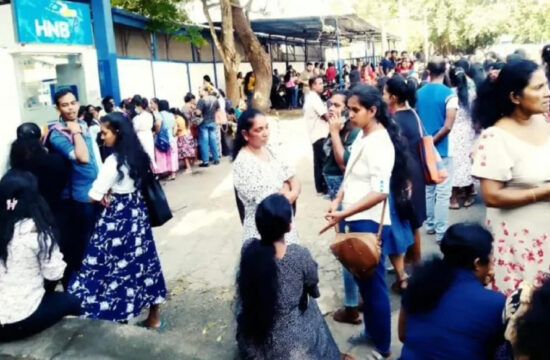There’s a truth here that should be acknowledged as it is. According to an agreement with the government, teachers must be employed and paid according to the Law No. 24 of Civil Servants enacted in 1960, along with its amendments. Under this agreement, teachers are obliged to fulfill their educational and instructional duties as outlined in the Ministry of Education and Higher Education’s law. In return, the government is responsible for providing salaries and allowances monthly and on time without any delays. By doing this, the terms of the agreement must be fully implemented. Undoubtedly, this support is crucial for the process of education and teaching, and it has a profound impact on the community and the foundation of proper development.
The position taken by the teachers of Kurdistan is one to be respected, given that, after the uprising, they have repeatedly faced hardship due to unpaid salaries. The government has failed to honor the agreement related to the rights of these educators. There was a six-month period of unpaid salaries after the withdrawal of administration by the dictatorial regime in 1991. However, through the dedication and persistence of the teachers, that difficult period was endured. Another instance began in 2014, where unpaid salaries continued, and the entire teaching staff was pushed into an unbearable situation, bearing a heavy burden of frustration. Introducing various measures to withhold salaries has failed, as the source of the problem largely lies with the regional government itself. Despite what the authorities claim about self-sufficiency and various patriotic narratives, officials and their families continue to live in prosperity. It seems that only the teachers are suffering, and their grievances have been consistent. For more than eleven years, the salary issue has remained unresolved, with various controversial policies being implemented by the government at the expense of teachers and public employees.
For example, one measure introduced the concept of ‘forced savings,’ a policy unheard of in any other country. Then, they applied salary cuts. I attended an international education conference where I discussed the conditions of teachers and the issues of salary cuts and unpaid salaries. Many were surprised at how a government could dare to withhold the earnings and sustenance of its teachers. They questioned how teachers are expected to pay for the government’s mistakes. In response, they highlighted how it seems that education and teaching are not a priority for the government. These experts suggested that if the educational process were valued, teachers would never be subjected to such hardships, as these are people of vital importance.
Despite this unfair treatment, until now, there have been 44 instances of delayed and cut salaries, with 15 still unpaid. The fear among teachers is growing since the government never mentions these arrears as if they bear no responsibility for them. Yet, whenever the central government is blamed, the regional government neglects the fact that teachers and public employees, particularly, bear the brunt of the consequences. After all these unjust policies against teachers, since the start of this year, with efforts from teachers and sympathizers, several decisions in public interest were made. One of these was Federal Court Decision No. 111, dated 21/02/2024, which mandates that the central government pays salaries directly via bank accounts. Furthermore, the 2024 budget law, Article 12, explicitly calls for timely salary payments, with the regional government obligated to comply. However, the regional government still isn’t ready to implement these decisions, which would benefit teachers and public employees. For instance, they’re unwilling to open official bank accounts as mandated by the higher court and are insisting on using private banks. Furthermore, since the accounts aren’t opened, the monthly salary list isn’t being sent to the Ministry of Finance in the central government. Since February, not a single month has been sent regularly, and each time, issues arise, causing delays. The salary list has to be sent back for correction, which consumes time and delays the allocation decision further. These administrative processes add even more time, making salary disbursement in the region painfully inefficient and disheartening for teachers.
As of now, by the 18 of November, the salary for October remains unpaid with no clarity on when it will be issued. This situation has caused severe anxiety among teachers and civil servants, making them feel as though the government is intentionally playing with their well-being and that there’s no intention for salaries to reach them easily unless it aligns with some personal gain or interest of their own. Therefore, the government’s hidden agenda should be made public, and they should take immediate steps toward opening official bank accounts. This would finally end the crisis, and teachers and public employees could focus on their lives and families with confidence, free from the constant worry about their sustenance.










